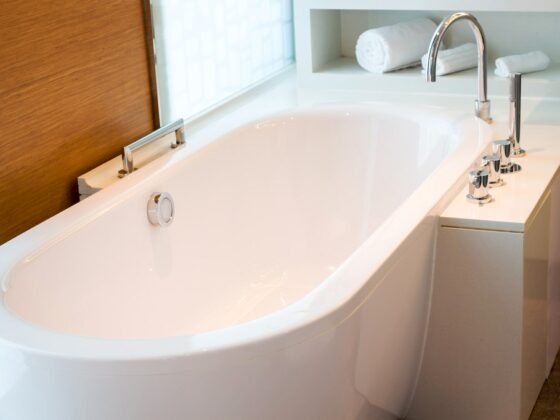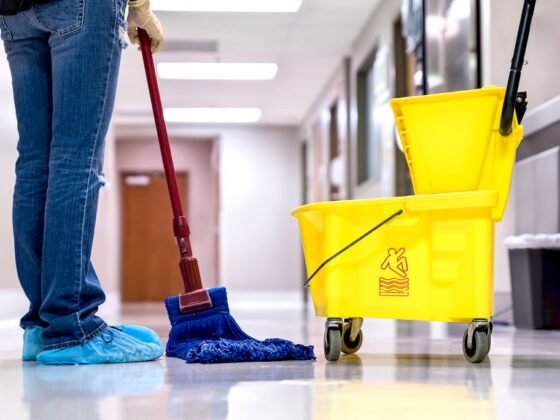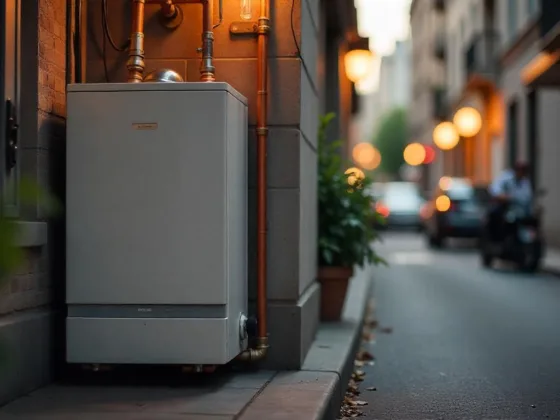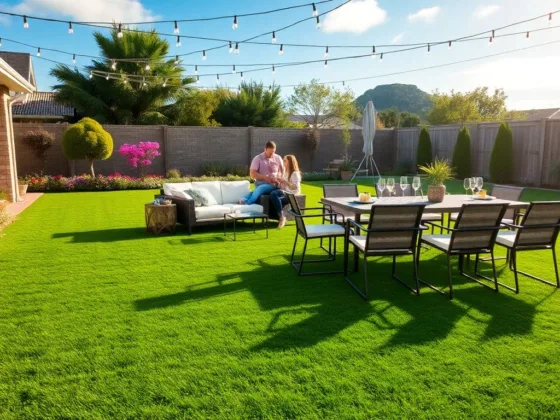Table of Contents Show
Do you like pesticides in your drinking water? How about chlorine, viruses, and bacteria? These are just a few of the contaminants you might consume when you drink unfiltered tap water.
Fortunately, there’s a way to fix this. Actually, there are many ways—so many you may be overwhelmed by your choices!

That’s where we come in. Today, we’re going to tell you all about the various types of chilled and boiling water filters you can use in your home. This includes both the method of filtration and the types of filtration devices.
Read on to figure out which one is best for you.
Read Also:
The Different Types of Water Filters and What They Remove
The different water filtration devices that are available use different methods to purify the water. Here’s a quick overview of the different types of filters these systems use and what contaminants they remove.
1. Activated Carbon
These filters work by running tap water through activated carbon. The carbon bonds with contaminants in the tap water letting only the purified water pass through. Activated carbon is the best method for filtering out:
- Herbicides
- Pesticides
- Chlorine
- Chloride
- Lithium
- Phosphate
- Nitrate
- Microplastics
- VOCs
That last one, VOCs, stands for volatile organic compounds. Activated carbon removes VOCs most effectively, including toxic chlorine byproducts called THMs (trihalomethanes).
2. Reverse Osmosis
Reverse osmosis (RO) systems filter water through a semi-permeable membrane. As water passes through the membrane, it lets water molecules through while trapping the molecules of contaminants.
RO filters remove the same types of contaminants as carbon filters and then some. They are excellent at removing:
- Lead
- Viruses
- Bacteria
It is possible, though, to find NSF-approved carbon filters that are specially equipped to remove these contaminants also. But if the carbon filter doesn’t specify this, these extra contaminants will get through.
3. UV Water Purifiers
UV water purifiers work differently than the others in that they don’t actually remove contaminants. They neutralize them instead.
As water passes under ultraviolet light, the UV rays kill viruses, bacteria, and any other biological contaminants. It does not, however, remove chlorine, pesticides, VOCs, or any other contaminants that the other filters do.
Different Water Filtration Devices
Now, let’s look at the different devices that use the filters above. The first three are very cheap/easy to install. The last two will probably require professional installation and can be very expensive (but also very convenient).
1. Faucet Filters
These filters fit right onto the end of the sink faucet, purifying the water as it comes out of the spout. They’re quite inexpensive and easy to install and they use activated carbon to filter out contaminants.
2. Shower Filters
These work the same as tap filters on your sink faucet. But, instead of filtering the water you drink, it removes chlorine and other contaminants from your shower. This is very beneficial to your respiratory health as you will no longer inhale such contaminants from the shower stream.
3. Filter Pitchers
These are similar to faucet filters in many ways. They use activated carbon and are probably the cheapest filter system you can buy.
But pitcher filters require no installation. You simply fill the top portion with tap water and it trickles through the filter into the bottom half fully purified. When the bottom half is full enough, you can pour yourself a glass of purified water.
4. Countertop/Under Counter Filters
These are like a more permanent version of faucet filters. Countertop/under-counter filters are attached to the sink plumbing prior to the faucet. So, by the time the water gets to the faucet, it’s already filtered.
Visit this website for more information on how this works.
5. Point-of-Entry/Whole House Filters
Finally, the whole house filter bypasses all these other types. It filters water at the point where it enters the house from the water main.
Thus, all water from any faucet in the whole house (or any other plumbing) is filtered. Although, water spouts outside the house may not be filtered as they often come from a different source.
Which Water Filtration System is Right For You?
Of all the types of water filters/filtration systems, which is right for you? Whatever it is, you’ll figure it out from the information in this guide. Remember this guide when shopping for a water filter.
There are more great tips on where this came from. Check out our homepage for the latest articles and guides.









